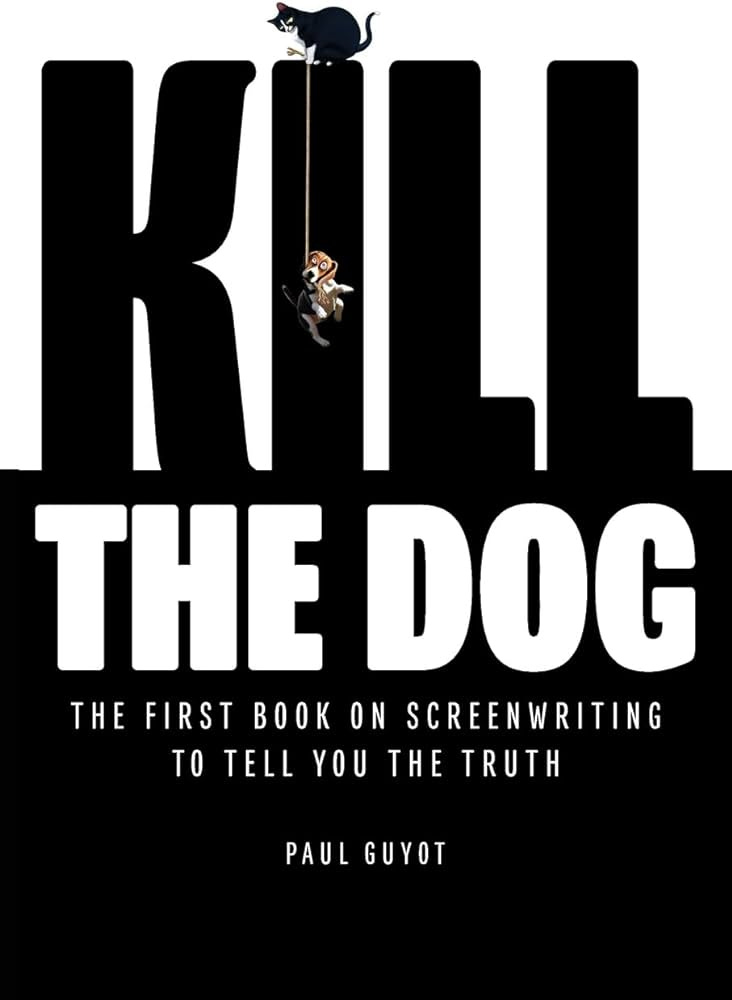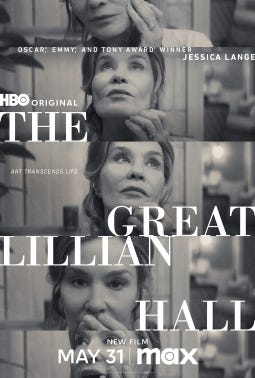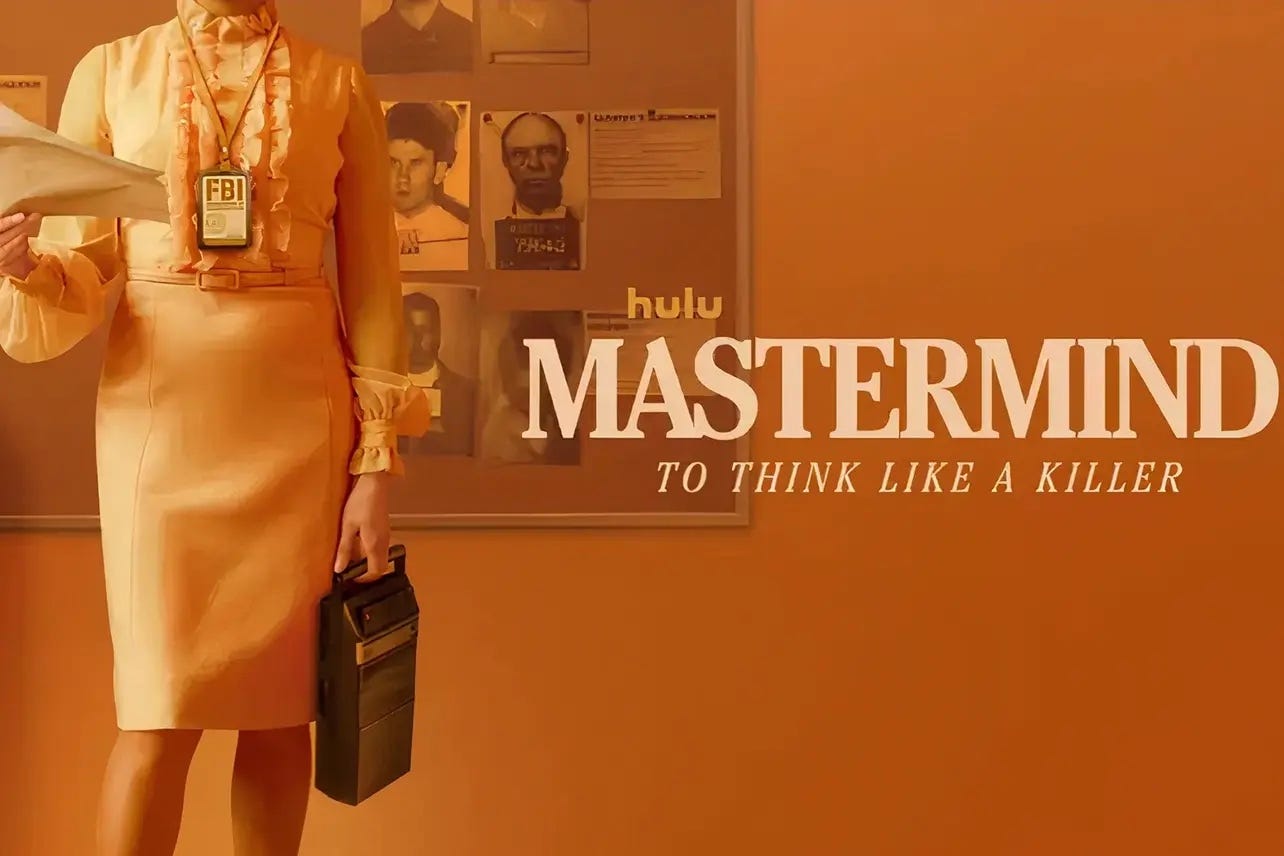If you’re new to The Rebel MFA Way, welcome! This is a bit of a cross-genre, mini personal essay series around education, writing, inquiry and life.
[NOTE: Your email provider may truncate this essay, be sure to click on “keep reading” to read the entire piece.]
Thanks for those that answered the poll in the previous edition. I’ve switched up the order of the topics a bit to reflect what you wanted to see more of. And this week, I’m including a mini-essay as well.
Mini Essay
Frozen Creativity
Creativity is often seen as a boundless ocean, filled with endless possibilities and ideas. As writers, we dive into this ocean, hoping to bring forth the treasures hidden beneath its surface. However, there are times when this ocean of creativity becomes an icy expanse, leaving us stranded on a solitary rock, surrounded by frozen blocks of ideas. This is not writer's block; it is a state I refer to as “frozen creativity.”
Frozen creativity is a state of paralysis where, despite the presence of numerous ideas, we find ourselves unable to fully engage with or develop them. Unlike writer's block, where ideas seem to be absent, frozen creativity occurs when ideas are plentiful but inaccessible. It is as if we can see our creative concepts just below the surface, but a layer of ice prevents us from reaching and fully exploring them.
Causes of Frozen Creativity
Several factors contribute to this state of creative paralysis in my experience:
Overwhelming Sensory Input: In today’s world, we are constantly bombarded with information from various sources. This sensory overload can lead to a state of mental paralysis, making it difficult to focus on a single idea long enough to develop it fully.
Emotional Weight: As deeply feeling individuals, writers often absorb and carry the weight of the collective emotional atmosphere. The current state of the world, with its challenges and crises, can create an emotional burden that hampers our ability to process and articulate our thoughts. [I feel this is never more apparent and true than it is right now in our country].
Perfectionism and Self-Doubt: The desire to produce work that perfectly encapsulates our thoughts and emotions can be paralyzing. When we set unrealistically high standards for our creative output, we may become frozen, unable to move forward for fear of falling short.
Competing Ideas: When too many ideas vie for our attention, it can be difficult to focus on just one. And the sense of “failing” at one, prompts us to pick up the next one and see if we can do better with that topic.
Manifestations of Frozen Creativity
Frozen creativity can present itself in various ways:
Stagnation: Despite having numerous ideas, we find ourselves unable to develop any of them fully.
Surface-Level Writing: We may produce work that skims the surface of what we truly want to say, never delving into the deeper, more meaningful content.
Frustration and Discontent: The inability to express our true thoughts and feelings leads to a sense of frustration and dissatisfaction with our work.
Overcoming Frozen Creativity
To thaw this state of frozen creativity, there are a few things I think that help us break through the ice and access the depths of our creative potential:
Limit Sensory Input: Reducing the amount of information we consume can help clear mental space for creativity. Setting boundaries on media consumption and creating a focused, distraction-free environment can be beneficial.
Emotional Release: Finding ways to process and release the emotional weight we carry is crucial. This could involve journaling, talking with a trusted friend, or engaging in activities that bring joy and relaxation.
Embrace Imperfection: Accepting that our creative work does not need to be perfect can free us from the paralysis of perfectionism. Allowing ourselves to produce imperfect drafts and embracing the iterative nature of the creative process can help us move forward.
Prioritize Ideas: When faced with numerous competing ideas, it can be helpful to prioritize them based on their importance and feasibility. Creating a list of ideas and selecting one to focus on can provide clarity and direction.
Engage in Regular Writing Practice: Consistency in writing, even if it is just a few minutes a day, can help maintain the flow of creativity. This practice helps us stay connected to our creative selves and reduces the likelihood of becoming frozen.
Writing this edition of Rebel Rousings is my version of #3 and #4. I couldn’t get a full essay written, but I had to let go of the idea that I needed to. Why not a mini-essay and some thoughts as I try to unthaw this frozen creative landscape I find myself in?
Have you ever felt this sense of “frozen creativity?” Does it feel different to you than being creatively blocked? How have you managed to “unthaw” the freeze?
Thinking/Wondering/Contemplating
Resiliency
There’s a new “Bad Buzz Word,” going around. Maybe you’ve seen it (many Substackers have written about it). And it’s the word: Resilience. Or Resiliency. Or Resilient. Since the release of her book, The Resilience Myth by Soraya Chemaly, there’s been a lot of chatter about the word and what it means or what it’s not supposed to mean.
I haven’t read Chemaly’s book but plan to, because I have a deep and respectful relationship with resilience. I think it’s UNDERRATED and not overrated. And I think a lot of what I’ve been seeing coming out of these discussions is a little crazy because I attribute resilience to a lot of my success and recovery from trauma. So I’m interested to see what reading the book and examining my own bias toward resilience will bring up for me.
Alice Munro
By now, you might have seen or read this piece by Andrea Skinner, detailing the sexual abuse by her stepfather and the way her mother (the famous, Alice Munro) decided to stay with her husband, anyway. There’s a lot of things I could (and perhaps want) to say, but I think the discourse and discussions from others are already doing it for me. [I personally loved Brandon Taylor’s write up about it]. I’m not surprised by the emotions that are coming up as a result of Skinner’s truth and I’m not at all surprised by the cancellation talk and the question of “what do we do with badly behaving artists?” But what I am pleasantly surprised with is the way we are beginning to talk about the other part of the abuse equation here in terms of partners who stay with abusers.
My abuser is not only out of prison walking around free even after his third sexual abuse conviction at the moment… (and over 20+ victims) — he is also still married to my aunt. My aunt who is my “godmother.” My aunt who taught me to read. My aunt who I thought hung the moon and scattered the stars. Her betrayal in staying with and defending my abuser cut me down worse than any of the sexual abuse I endured.
But there is also a part of me that feels just plain… pity for her. It is difficult for me to wrap my head around how a person can share a life, a bed, a heart with someone once they know what they have done… what they are capable of. Especially in the situation of childhood sexual abuse. So this news about Alice Munro is not only tragic but it’s deeply disturbing to me that Andrea has had to endure the same kind of denial, suppression, reminders and silence that I have. I know what it’s like…and apparently, so do a lot of people.
So instead of writing another piece that sums up what is already being discussed at great length by others, I wanted to step in and offer a different lens through which to look at Andrea’s piece and her experience — forget that Munro is famous. Forget that Munro is talented.
Forget trying to “defend” or “villainize” Munro and instead think of the bravery and courage and resilience (sorry, had to) that it took for Andrea to come forward with her story after being silenced for so long.
Reading
Kill The Dog: The First Book on Screenwriting to Tell You the Truth
I have been considering writing the first draft of a new novel idea of mine in a completely different way than I ever have — as a screenplay. I’ve never written a screenplay before. I’ve read many, many scripts and have a good idea of how a screenplay is built (meaning the technical aspects). And I’ve taken a few screenwriting 101 classes. But… I felt like I needed a deeper dive and I was absolutely NOT going to turn to the one book everyone recommends.
Been there, done that.
The book I’m referring to is one that is often thought of as the “holy grail” of screenwriting. But it never quite made sense to me. Then again, I am the rebel who is constantly confused by why people seem to think there are “rules” to art and craft. I’ve written about this before and it really is the basis for nearly every Rebel MFA essay I publish — this idea that there are “rules” that need to be followed.
So no, I did not pick up that book.
Instead, I picked up Kill the Dog: The First Book on Screenwriting to Tell You the Truth.
NOTE: The title is not what you think! It’s a snarky response to that other book I was referencing. I promise you, there is no mention of harming animals in this book.
And let me tell you… this book should be required reading for every single writer. I binge-read the entire book in a sitting and when I was finished, had 172 highlighted sections. It’s that good.
But perhaps, I’m also a little biased because what Paul Guyot says in the pages of the book is so aligned with what I teach about Writing Fiction to Heal and The Rebel MFA Way that I swear, I could have written sections of this book myself. (I didn’t. I don’t have quite the experience or knowledge Mr. Guyot does).
Maybe I loved this book so much because it was a reminder of all the things I already know. A reminder that even when the stories I’m working on are hard and demand every writerly part of me — I know what I’m doing because I know good storytelling.
If I’m being completely honest with you, too, I also think Paul is a badass for his zero fucks given attitude in the way he writes about writing and, well, life. It’s very rebellious of him and you know I love me some rebellion.
So if you’re looking for a new “writing craft” book to read — pick this one up. Because even though it’s about screenwriting, almost everything he says applies to novels and storytelling in general.
On Substack:
Wow. This essay blew me away. I resonate with so much of what she talks about here and I don’t think it’s talked about enough — the burdens that creative individuals face while creating. And so often, we face it alone because it’s so damn hard to explain what creating does to us. More than that though, M.L. describes the experience of “merging” (that’s what I call it) with a character and how utterly bananas-pants-bat-shit-crazy it can be. It’s extremely difficult to discuss this process with people who are not artists or creatives. Hell, I’ve even had a hard time talking to other writers about this process of “becoming one with the character.” If you don’t get it — you probably won’t ever. But if you’re a writer who experiences this and feels like you’re alone — know that you’re not.
“Don’t commodify this loss. Don’t be so hasty to make the events of heartbreak meaningful. Not before the magnitude of what’s been destroyed can be witnessed in its entirety.”
Damn. I keep going back to these lines over and over again because of how much of a gut-punch they are. The discomfort that comes from hard times makes the idea of turning to meaning making and rushing recovery soooo tempting. Who wants to stay in discomfort? In heartbreak? But, there are so many beautiful gifts that can come from sitting IN and WITH it rather than rushing it. It reminds me of this beautiful song:
Watching
The Great Lillian Hall
What a fantastic film this was. With a cast this amazing, I had high expectations and it did not fail.
It was such an inventive way of showing such a sad reality so many of us have or will face when it comes to aging, desire, regrets, acceptance, identity, health.
The entire film theme, in my opinion, is about something we ALL want so badly but seem to be missing in our lives a lot of the times…
Just wanting to be seen.
But humans are complex and the struggle Lillian faces in this film is how she wants to be seen. She doesn’t want to be seen for who she really is — no, she wants to be seen as the product of who she created. The great “Lillian Hall” and not the messy, complicated, true version of herself.
It’s too scary to let that version be seen but ultimately, we don’t have a choice. It’s either not to be seen at all, or to be seen for who we are.
Identity… it’s such a fickle thing for us all.
Who we are and what we do is so entrenched in a creative person that we lose facets of our identity if we’re not careful.
We can become so fixated and obsessed with our creations that we forget or ignore or push aside the other parts of life (and ourselves) that truly matter. (That honestly really matter the most in the end).
Lillian’s descent into her dementia was done so well. They bring her RIGHT to the edge but don’t go on full force…which I think was brilliant. We see enough to be heartbroken for her and her family. But there’s also this quiet, beautiful vulnerable side of Lillian, too. Her scenes with her neighbor (a very sexy silver fox, Pierce Brosnan) are sweet, vulnerable moments where we get to see two “older” people speaking truth about the aging process.
A few of the other things that this film explores beautifully:
The mother/daughter relationship — especially between an “artist” mother and a non-artist daughter.
The gravity of being a creative who is consumed by their creations
The fear of losing we were/are, and then understanding that maybe we’ve NEVER been that person at all.
The question of legacy — did my life truly matter in the end? Will I leave something behind for others to remember me?
Mastermind: To Think Like a Killer
I can’t tell you how excited I was to see this docu-series come out because I’ve long been a fan of Ann Burgess the work she’s done on so many levels. I think it’s batshit crazy that people are just now hearing about her. That it has taken THIS long to shine a spotlight on the person who was really behind a lot of the advancements of the FBI’s Behavioral Science Unit is crazy to me. But such is Hollywood and life. I thought the docu-series was a great primer for those who have no idea who Ann Burgess is or the work she’s done in this world. I loved that the Fanning sisters were able to get so many of her family members and others in the industry to sit for interviews. And of course, because I’m me, I loved hearing about Burgess’s work with the killers to figure out how to help more victims. The docu-series does a great job of NOT falling into romanticizing or dramatizing the killers and focuses on the victims, Burgess and her work.
What could have been better? Well, because Burgess is well known to those who are interested in the field of forensic psychology, serial killers, etc., there wasn’t a whole lot “new” in it. And because Burgess is beyond brilliant — there is so much untapped about her work that perhaps “normies” (people who aren’t obsessed with psychology) don’t care to know. But I do. And Burgess isn’t getting any younger, sadly.
I’ll just say this — if I had the opportunity to sit down with Burgess, I would want to dive into the deep end with her with hard-hitting questions about how we can replicate her studies to continue furthering our knowledge of serial offenders and their psychopathy. I would want to ask how she feels about going “closer to the source,” and not only interviewing and examining offenders more routinely and directly, but also their family of origin to learn about intergenerational trauma, epigenetics, etc.
Burgess opened up a new world for people to understand how trauma plays such a big role in the development of and behavior of serial killers…but we have so much more to learn. I’m looking forward to seeing how Burgess can inspire and influence a whole new generation of young girls to start working on finding those answers.
That’s a wrap for this edition of Rebel Rousings. Thanks for reading and let me know in the comments what you want more of (or if you want me to go deeper on any of these topics!)














